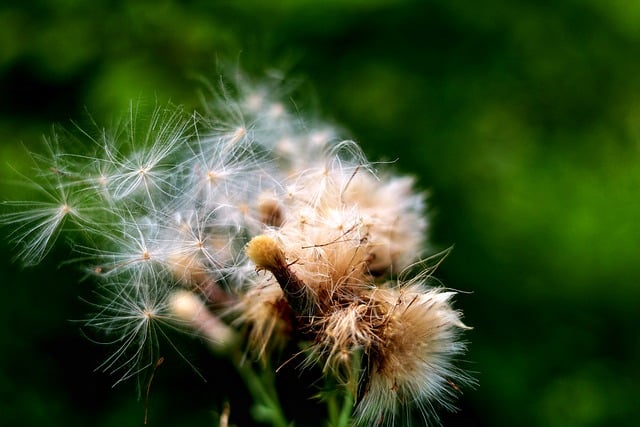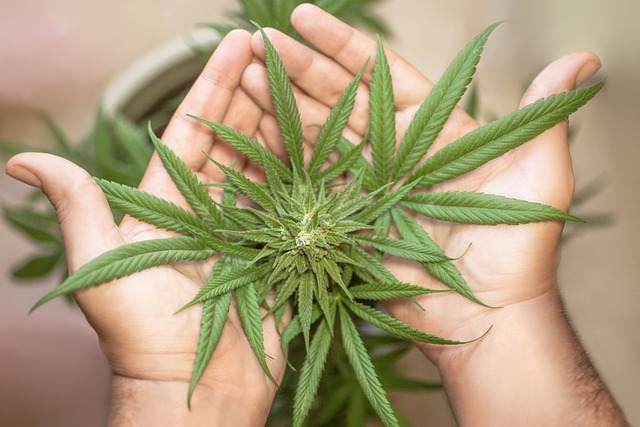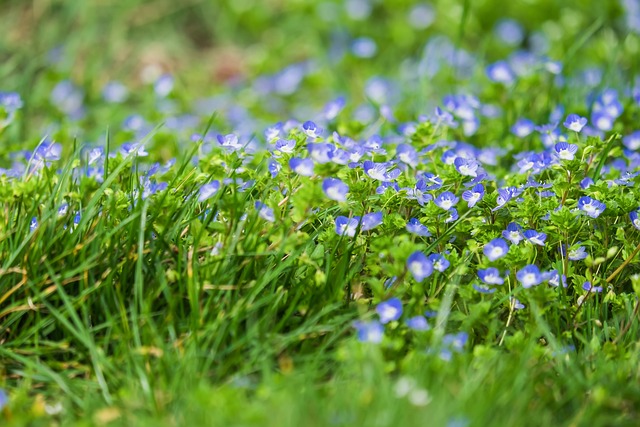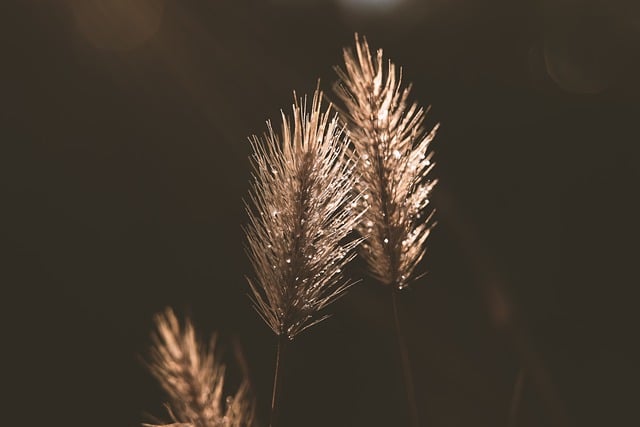
2023 has seen a diverse array of regulations concerning the legality of THCA flowers within the European Union, with specific EU member states permitting its use under strict conditions set by Novel Food legislation and the 2017/2192 Commission Regulation. The legal status of THCA varies significantly from country to country; while some EU nations allow it for medicinal or scientific research, others restrict its use to recreational contexts in certain areas. Notably, Germany, Italy, and the Netherlands are among those that have legally recognized THCA-rich cannabis for medical purposes. This patchwork of regulations necessitates careful navigation by both consumers and businesses to ensure compliance with local laws. As THCA is a non-psychoactive precursor to THC, it's gaining traction across Europe for its potential health benefits without intoxication, driving the market's expansion and influencing EU policies. It's crucial for stakeholders to stay informed on these evolving legalities, as they can shift with scientific advancements and changing public sentiment, ultimately shaping the accessibility of THCA-rich products within the EU.
Explore the transformative world of THCA-rich cannabis flowers, a burgeoning phenomenon within the European Union’s legal landscape. This article delves into the nuances of THCA’s emergence as a sought-after compound in EU countries, shedding light on its cultivation, consumption, and the evolving regulations that govern it. Join us as we uncover the intricacies behind the legality and availability of THCA flowers across Europe, ensuring an informed understanding of their place within the continent’s legal high offerings.
- Unraveling THCA Flower: A Legal High in EU Countries
- The Rise of THCA-Rich Cannabis Flowers: Legality and Availability Across Europe
- Cultivating and Consuming THCA Flower: Legal Considerations and Usage in the European Union
Unraveling THCA Flower: A Legal High in EU Countries

Unraveling THCA flower represents a nuanced aspect of cannabis legality within the European Union. As of recent updates, THCA, or tetrahydrocannabinolic acid, the non-psychoactive precursor to THC found in hemp and cannabis plants, is legal in various EU countries under specific conditions. These conditions often include stringent cultivation and processing regulations that comply with the EU’s Novel Food legislation and the 2017/2192 Commission Regulation establishing equal standards for the authorization and monitoring of placeholders for THC in hemp. The legal status varies by member state, with some countries permitting the sale and use of THCA-rich flowers for recreational purposes, while others restrict it to medical and scientific applications. This legal landscape underscores the importance of staying informed about local regulations, as they can differ significantly from one EU country to another. Consumers and businesses interested in THCA flower must navigate these legalities carefully to ensure compliance with each country’s unique laws. The emergence of THCA as a legal ‘high’ alternative in the EU has sparked interest among consumers seeking cannabinoid products with potential therapeutic properties, without the psychoactive effects associated with THC. This growing market segment demands attention from policymakers and researchers alike to further understand its implications and ensure safe and responsible use across the continent.
The Rise of THCA-Rich Cannabis Flowers: Legality and Availability Across Europe

The emergence of THCA-rich cannabis flowers has become a significant trend within the European cannabis landscape, reflecting both consumer interest and regulatory shifts across various EU countries. Tetrahydrocannabinolic acid (THCA) is the non-psychoactive precursor to THC, the primary psychoactive component found in cannabis. As such, products high in THCA have garnered attention for their potential therapeutic benefits without the immediate intoxicating effects associated with THC. The legal status of THCA varies within the EU, with some countries permitting the cultivation and possession of cannabis flowers containing high levels of THCA for medicinal or research purposes. This variability in legal frameworks has led to a nuanced market where availability and accessibility are highly dependent on geographic location.
Countries like Germany, Italy, and the Netherlands have more lenient regulations regarding medical cannabis, facilitating a growth in the availability of THCA-rich products for patients and researchers. In contrast, other EU nations maintain stricter controls over cannabis-related substances, limiting the supply and restricting who can legally access them. The evolving legal landscape underscores the importance of staying informed on regional regulations, as they can significantly impact both producers and consumers within this burgeoning industry. As the legislative environment continues to adapt to scientific advancements and public opinion, the future holds promise for expanded access to THCA-rich cannabis flowers across Europe, offering potential relief and health benefits to those in need.
Cultivating and Consuming THCA Flower: Legal Considerations and Usage in the European Union

In recent years, the cultivation and consumption of THCA flower have garnered significant attention within the European Union. THCA, or tetrahydrocannabinolic acid, is a non-psychoactive cannabinoid found in raw cannabis plants, which, when heated, converts to the well-known psychoactive compound THC. As of my knowledge cutoff in 2023, the legal status of THCA flower varies across EU countries. While some nations have specific regulations that allow for the cultivation and use of THCA-rich flowers for industrial or research purposes, others maintain strict controls due to the potential conversion of THCA to THC.
EU countries with medical cannabis programs often have more lenient policies regarding the cultivation of THCA flowers. In these regions, farmers and researchers can legally grow and study cannabis plants, provided they comply with the established guidelines, which typically include obtaining licenses and adhering to cultivation limits. Consumers interested in utilizing THCA flower must navigate these differing regulations, as possession and use are subject to each country’s laws. In countries where medical cannabis is legal, THCA flower may be used for its therapeutic benefits without the psychoactive effects associated with THC. However, it is crucial for individuals to stay informed about their local laws, as the legal landscape for cannabinoids like THCA is dynamic and subject to change. Understanding the nuances of these regulations is paramount for both cultivators and consumers within the EU, ensuring compliance with legal frameworks that govern the cultivation, possession, and use of THCA flower.
In recent times, THCA flower has garnered significant attention within the EU, with its legal status paving the way for a novel segment within the cannabis industry. This article has shed light on the multifaceted nature of THCA-rich flowers, their burgeoning availability across Europe, and the nuanced legal frameworks governing their cultivation and consumption. As we’ve explored, the rise of THCA flower presents a fascinating intersection of agriculture, law, and consumer choice within the European Union’s diverse legal landscape for cannabis products. For those intrigued by the therapeutic and potential wellness benefits associated with THCA, understanding its legal standing in various EU countries becomes paramount. As the market for these products continues to evolve, it is clear that THCA flower will remain a topic of considerable interest and importance within the legal boundaries set forth by EU member states.






